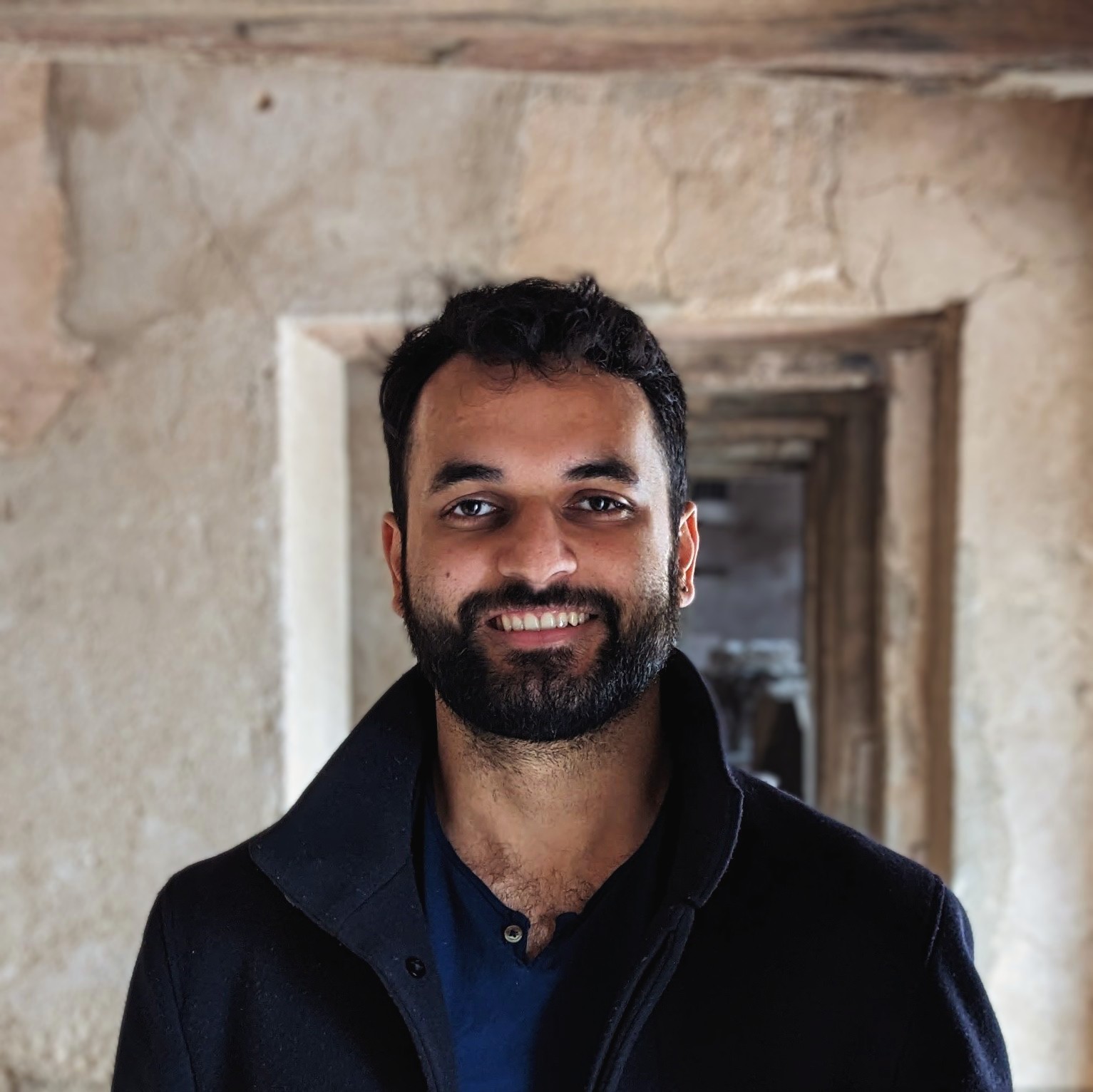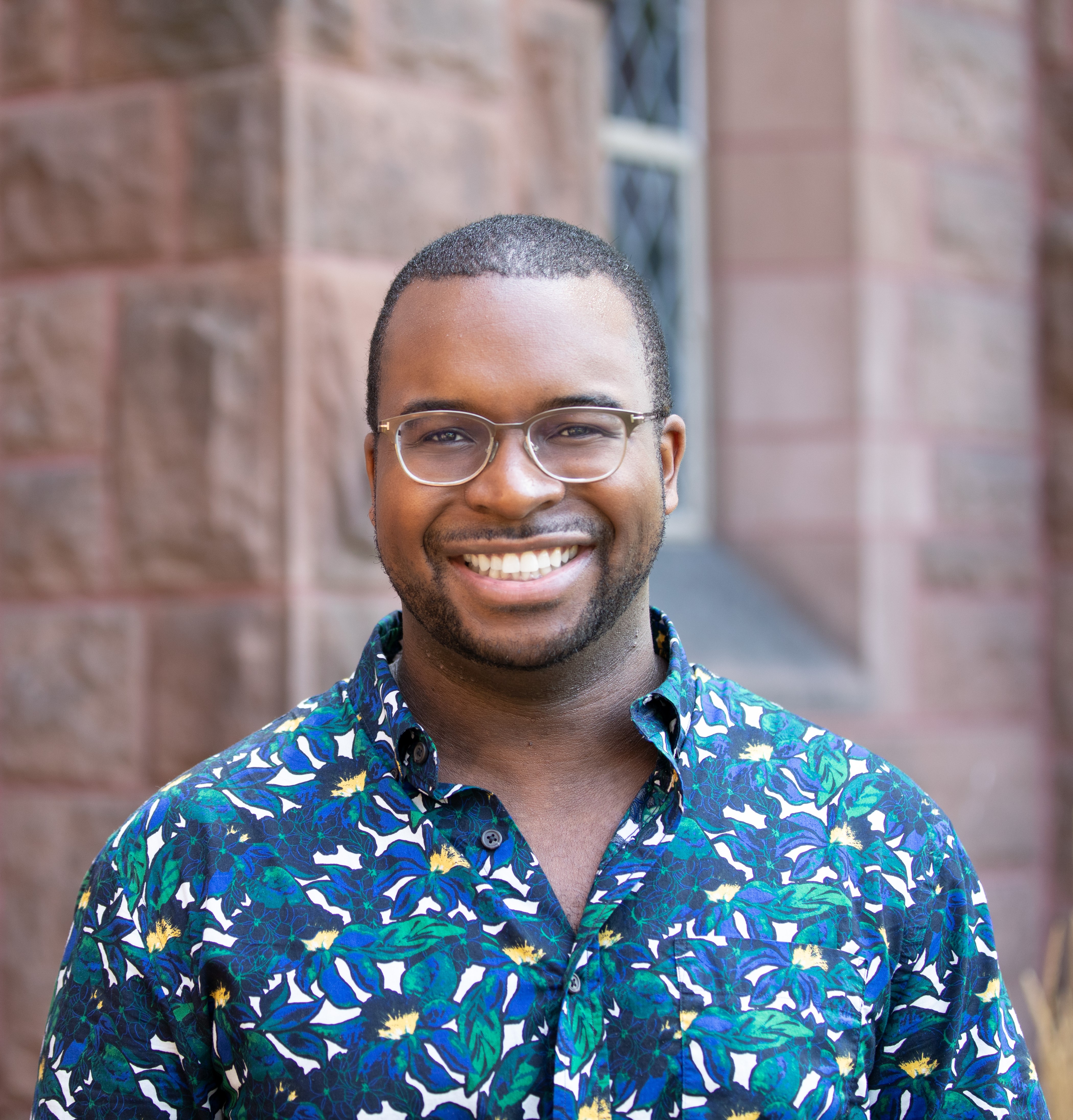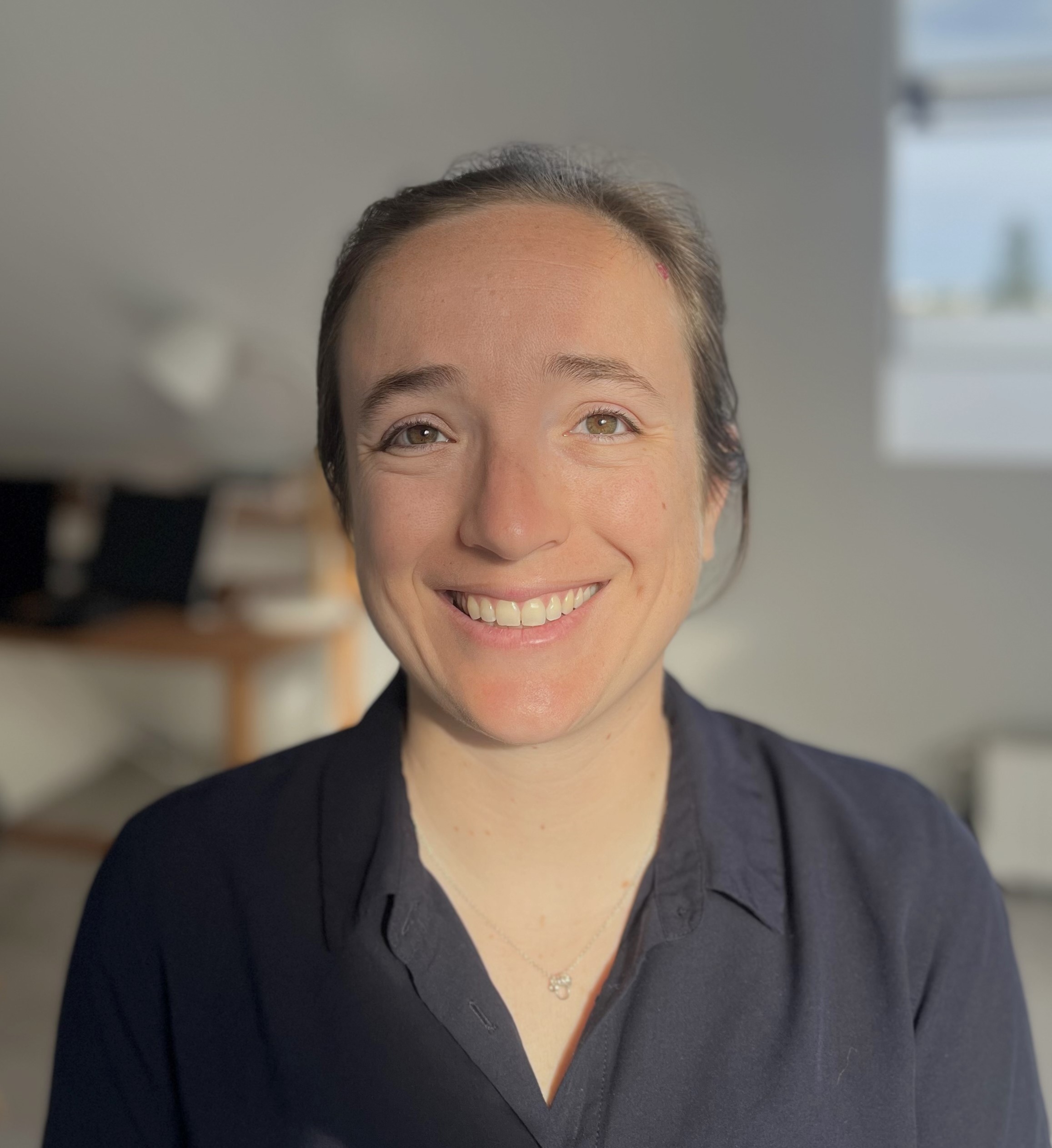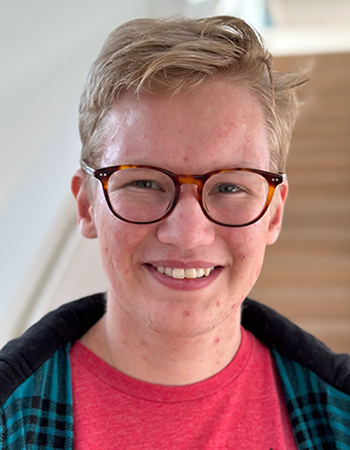Watch the recording of this webinar
This webinar brings together a diverse panel of LGBTQIA+ neuroscientists to explore the unique challenges that LGBTQIA+ individuals face within the field of neuroscience. Topics will include the impact of toxic academic culture on mental health, as well as the effects of marginalisation, discrimination, and isolation on both personal well-being and professional growth.
Our panelists will provide insights into the social and systemic factors that contribute to these challenges, with real-life examples and current research findings. They will also share practical strategies for improving academic environments, focusing on building inclusive communities that foster equity and a sense of belonging. Additionally, we will explore ways in which allies and leaders can actively contribute to supportive, affirming spaces within academia.
Speakers
Dr Arish Mudra Rakshasa-Loots
University of Edinburgh, Scotland, UK

Arish (he/him) is a Research Fellow in the Hub for Metabolic Psychiatry at Edinburgh. His main research interests are in HIV mental health and cross-cultural adaptation of psychometric tools. Thanks to an ethnically-ambiguous name and a non-descript accent from a decade of floating around the globe, Arish enjoys letting people struggle to guess where he is from.
Dr J. David Jentsch
State University of New York - Binghamton University, USA

Dr Jentsch (he/him) is a SUNY Distinguished Professor and Chair of the Department of Psychology at Binghamton University. He has focused most of his independent research on the neuroscience of addictions. He has been continuously funded by the NIH since 2005 and his work has garnered numerous awards including the Joseph Cochin Young Investigator Award from CPDD and the Waletzky Prize for Innovative Research on Drug Addiction and Alcoholism from the Society for Neuroscience.
Dr Travis Hodges
Mount Holyoke College, Massachusetts, USA

Dr Travis Hodges (he/him) is an Assistant Professor in the Psychology and Education department and the Neuroscience and Behavior program at Mount Holyoke College in western Massachusetts. In rodent models, he examines the sex-specific effects of stress on the brain throughout the lifespan and he also examines the neural underpinnings of negative cognitive bias, a cognitive symptom of depression.
Dr Margot Elmaleh
Max Planck Institute for Brain Research, Frankfurt, Germany

Margot (she/her) is a post doctoral researcher in the Laurent lab, interested in the fundamental computations involved in motor control. After studying the circuits responsible for song patterning in the zebra finch in NYC, she is now investigating the sensorimotor transformations involved in camouflage and other skin patterning in cuttlefish.
Dr Dori Grijseels
Max Planck Institute for Brain Research, Frankfurt, Germany

Dori (they/them) is a postdoctoral researcher in the Barker lab, studying the neural correlates of vocal communication in naked mole-rats. In addition to their work as a neuroscientist, they are an advocate for diversity, inclusivity and equity in science through a number of avenues, including working with ALBA as a co-lead of the GSD working group. Dori will be moderating the discussion.


